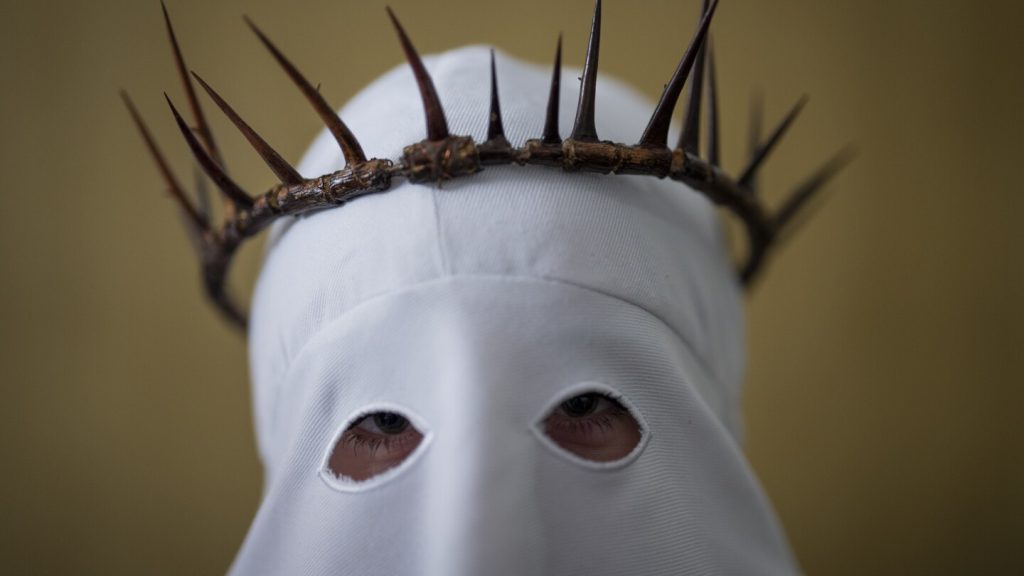The southern Spanish village of Quesada continued its annual act of spiritual devotion during Holy Week, despite the wet weather. Residents paraded a float bearing Christ and the Virgen through the streets, even as many other cities, towns, and villages had to cancel processions due to the persistent storms. The rains were welcomed in the region, which had suffered from a chronic drought that affected local olive orchards. The sudden shower that fell during the procession was seen as a miracle by the locals, who had been desperate for water after two years of drought.
The tradition of parading large wooden floats bearing elaborately decorated statues of Christ and the Virgen during Holy Week has been a common sight in Spain since Medieval times. While the processions only take place over a few days, the preparations are a year-round affair, making the cancellation of events a significant disappointment for those involved. Cities like Seville, known for drawing thousands of spectators during Holy Week, had to cancel processions for the first time in over a decade due to the heavy rain. Similar cancellations in other regions left participants distraught and farmers relieved.
The persistent rain that disrupted Holy Week celebrations across Spain was a welcome relief for the country, especially for farmers facing serious water restrictions. Appeals for divine intervention were made in some regions, with villages in Catalonia reviving the practice of holding special Masses and processions to pray for rain. Spain’s total water reserves were at 57% capacity before the Holy Week rains, with significant differences between the wet northern coast and the parched Mediterranean and southern regions. The storm front that brought the rain also caused strong winds and waves along the coastline, resulting in tragic deaths.
Despite the disappointment caused by canceled processions, the rain brought relief to many parts of Spain facing drought conditions. The rains were especially beneficial to farmers who rely on irrigation for their crops. While the faithful have traditionally turned to divine intervention for help, Spain is becoming increasingly secular, with fewer people engaging in religious practices. The revival of certain traditions in some regions showcases the ongoing blend of religious and cultural customs during significant events like Holy Week. The impact of the rain during this time highlighted the country’s reliance on water resources and the challenges posed by climate conditions.


